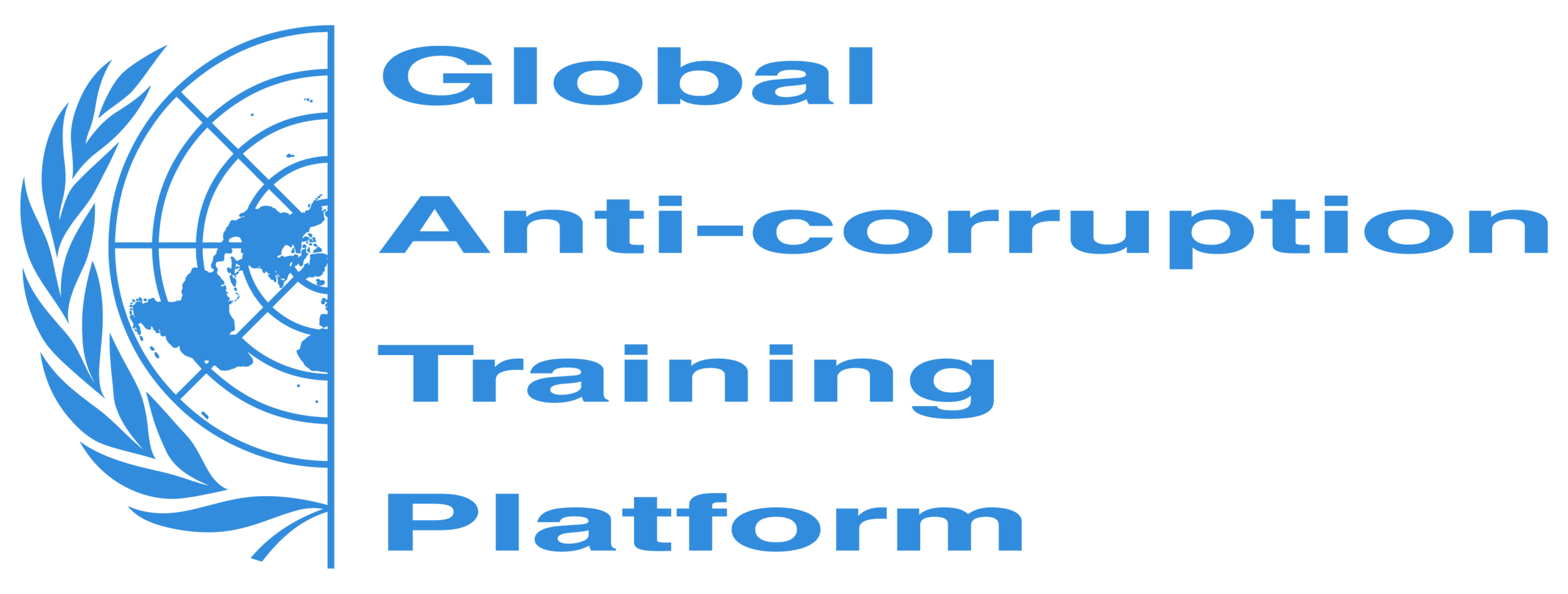Online Course on "Anticorruption and Sustainable Development"
About the course
Corruption hinders sustainable development in all countries. In order to tackle its root causes and consequences as well as to find solutions for prevention, accountability and redress, the impact of mainstreaming knowledge is a powerful approach towards transforming the lives of individuals and societies as a whole.
Mainstreaming knowledge about this problematic pursues the transformation of discriminatory social institutions, laws, cultural norms and community practices, such as those limiting access to property rights or restricting their access to public space.
In this regard, at international level there is a common agreement on the need of suppressing and preventing corruption because of its negative impacts and its ripple effects for employment, leadership, decision-making at all levels, among other repercussions. Therefore, the creation of spaces to raise awareness represents an opportunity to enhance capabilities and share good practices towards a culture of learning.
As a contribution to this endeavor, the Rule of Law and Anti-Corruption Centre (ROLACC) and the United Institute for Training and Research (UNITAR) have brought together their expertise and practical knowledge to collaboratively developed the e-learning course on “Anti-corruption and Sustainable Development: Building inclusive and transparent societies for all”.
Course objective
This e-learning course aims at strengthening the competences required for overcoming some of the challenges to combat corruption, its causes and consequences for sustainable development, while understanding the benefits of promoting its prevention to this end because of its nexus to development, rule of law, and human rights.
At the end of the course, participants will be able to:
• Describe different benefits of preventing and combating corruption because of its impact on sustainable development;
• Recognize the challenges faced by individuals and society;
• Identify ways to support anti-corruption measures, in both developed and developing countries; and
• Relate case studies and good practices from policies, programs and initiatives in both developed and developing countries.
Methodology
The course is based on UNITAR’s sound adult learning pedagogical principles. Each module includes readings, self-assessment activities and quizzes. The learning activities are distributed in such a way to ensure the achievement of the learning objectives in a flexible manner.
Likewise, audio, a sign of language video -in English, as well as keyboarding adjusted features, would be available to strengthen the accessibility and inclusiveness for persons with disabilities in the course.
Participant profile
The course is designed for supporting delegates of States and other relevant stakeholders working on anti-corruption and sustainable development from developed and developing countries.
Certification
A certificate of completion will be issued to participants who achieve a minimum total score of 70% in the average grade. A certificate of participation will be issued to participants who complete all mandatory activities but achieve a final score inferior to 70% in the average grade.

